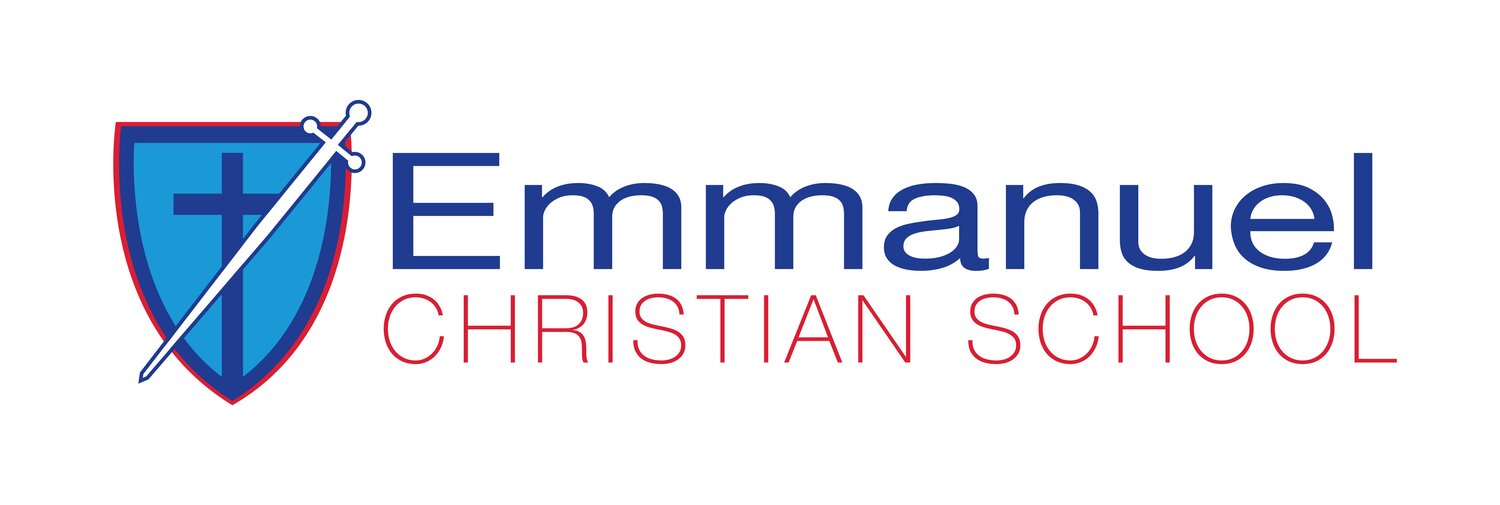As we celebrate Mother’s Day this week, I want to highlight the critical role that mothers play in education.
Throughout my experience in school leadership, I have witnessed firsthand the numerous ways that mothers are involved in their children's education. From personal experience, I can attest to the essential role that mothers play in education, as my own mother was widowed when I was in Year 10.
“Mothers play a vital role in a child’s education”
As a teacher and school leader, I have observed that mothers tend to be highly involved in the enrolment process, completing enrolment inquiries, taking the tours, and attending interviews with the Principal. They ask thoughtful questions and strive to ensure the best learning experiences for their children. By the time formal school enrolment occurs, students have already developed language skills, can follow instructions, and are often toilet trained. Some mothers even highlight specific areas of their child's development that they would like the school to focus on.
Mothers (as well as fathers and father figures) play a vital role in a child's education, influencing their social, emotional, physical, cognitive, and spiritual development. This role begins in the womb, as mothers provide love and security, and continues throughout childhood and into adulthood. The Bible speaks of exceptional mothers, such as Hannah, who raised Samuel into a young man who grew in favour with God and man (1 Samuel 2:26), and Mary, who raised Jesus with her husband and helped him become strong, wise, and full of grace (Luke 2:39-40). Paul commends that Timothy had been raised well by his grandmother, Lois and mother Eunice (2 Timothy 1:5).
“At Emmanuel, we recognise that family plays a central role in a child’s education”
At Emmanuel, we recognise that family plays a central role in a child's education, and we affirm the crucial role that mothers play as a child's first and best teacher. Research shows that a mother's influence on a child's moral judgment far outweighs any amount of formal teaching. Mothers also shape a child's social and emotional skills and boost their self-confidence. Along the way, mothers make countless self-sacrifices, teaching children attributes such as caring, compassion, courage, and perseverance, which provide an excellent foundation for any learning and schooling environment. I remember the probing questions that my mother used to ask me and wanting me to explain my choices and actions. I still cherish the critical thinking skills that such probing honed in me. Mothers are the greatest teachers in analysis, problem-solving, logic creativity, innovation, and evaluation of situations and circumstances. These skills are life skills and are everything that schools aspire to nurture in students in the name of education.
I salute the supportive mothers who are the first to respond to school in the event of a sick child and when schools need support in promoting positive behaviors for learning. Thomas Edison, the great inventor, never had any formal schooling and never got any proper education. In his twilight years, he reflected and said his mother was his teacher and motivated him in science. For Edison, ‘Mother is the Ideal Teacher’ and the most effective teacher because the message the mother gives a child, that child shares with the world. Through our mothers’ Godly teaching, we find purpose. This has led some people to say the teaching of a mother is divine teaching!
We are blessed to have great mothers in our school, and we are thankful for all they do in support of our students' education. For their effort and work, we pray for and appreciate them. Happy Mother's Day to all the wonderful mothers out there!
Lifeas Kapofu — Principal


